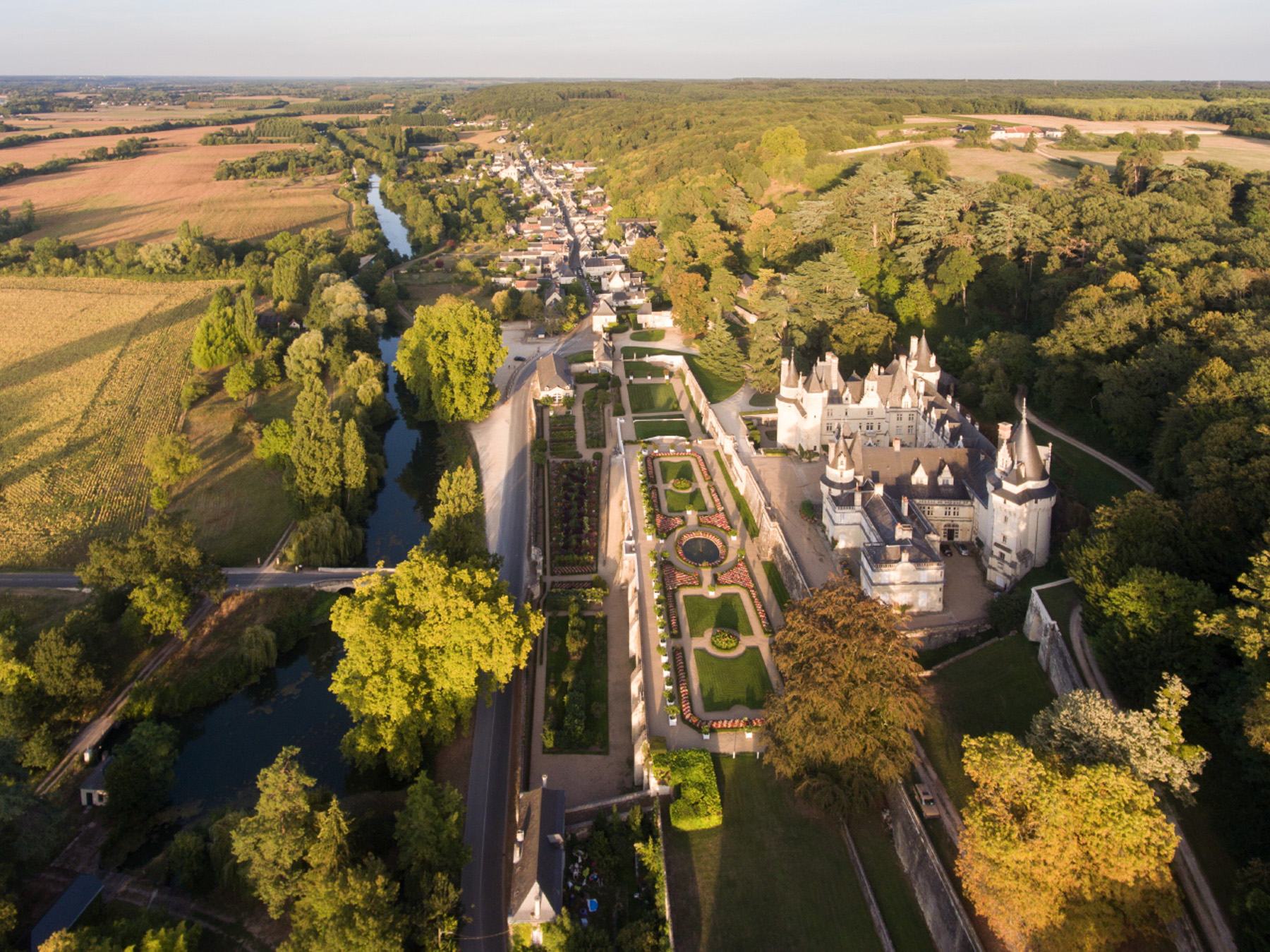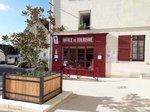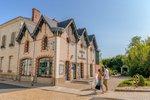Rigny-Ussé nature trail

Rigny-Ussé
Rigny-Ussé nature trail
Very easy
0h30
1km
+9m
-9m
Crossing
Embed this item to access it offline
If the Château d'Ussé influenced Charles Perrault to write his "Sleeping Beauty", this walk will inspire you to imagine your own fairy tale.
The hosts of these places, be they animals or people, reveal the secrets behind the success of the major stages in their lives. Encounter, seduction, marriage, moving in, birth, work... are just some of the chapters in their story to be savored along the Indre.
The trail starts at the bottom of the parking lot, to the right of the majestic 15th and 16th-century château, with its terraced gardens designed by Le Nôtre.
The hosts of these places, be they animals or people, reveal the secrets behind the success of the major stages in their lives. Encounter, seduction, marriage, moving in, birth, work... are just some of the chapters in their story to be savored along the Indre.
The trail starts at the bottom of the parking lot, to the right of the majestic 15th and 16th-century château, with its terraced gardens designed by Le Nôtre.
Description
From the parking lot, head for the start station.
Follow the yellow arrows on the wooden posts from station to station.
Follow the yellow arrows on the wooden posts from station to station.
- At the start station, turn right along the Indre, passing station after station for 500m.
- At the bridge over the Indre, retrace your steps back to the start station.
- Departure : Parking to the right of the Château
- Arrival : Parking to the right of the Château
- Towns crossed : Rigny-Ussé
Forecast
Altimetric profile
Information desks
16, pl. de l’église, 37140 Bourgueil
19, rue Thiers, 37130 Langeais
Accessibility
- Emergency number :
- 15, 17, 18, 112
Report a problem or an error
If you have found an error on this page or if you have noticed any problems during your hike, please report them to us here:

